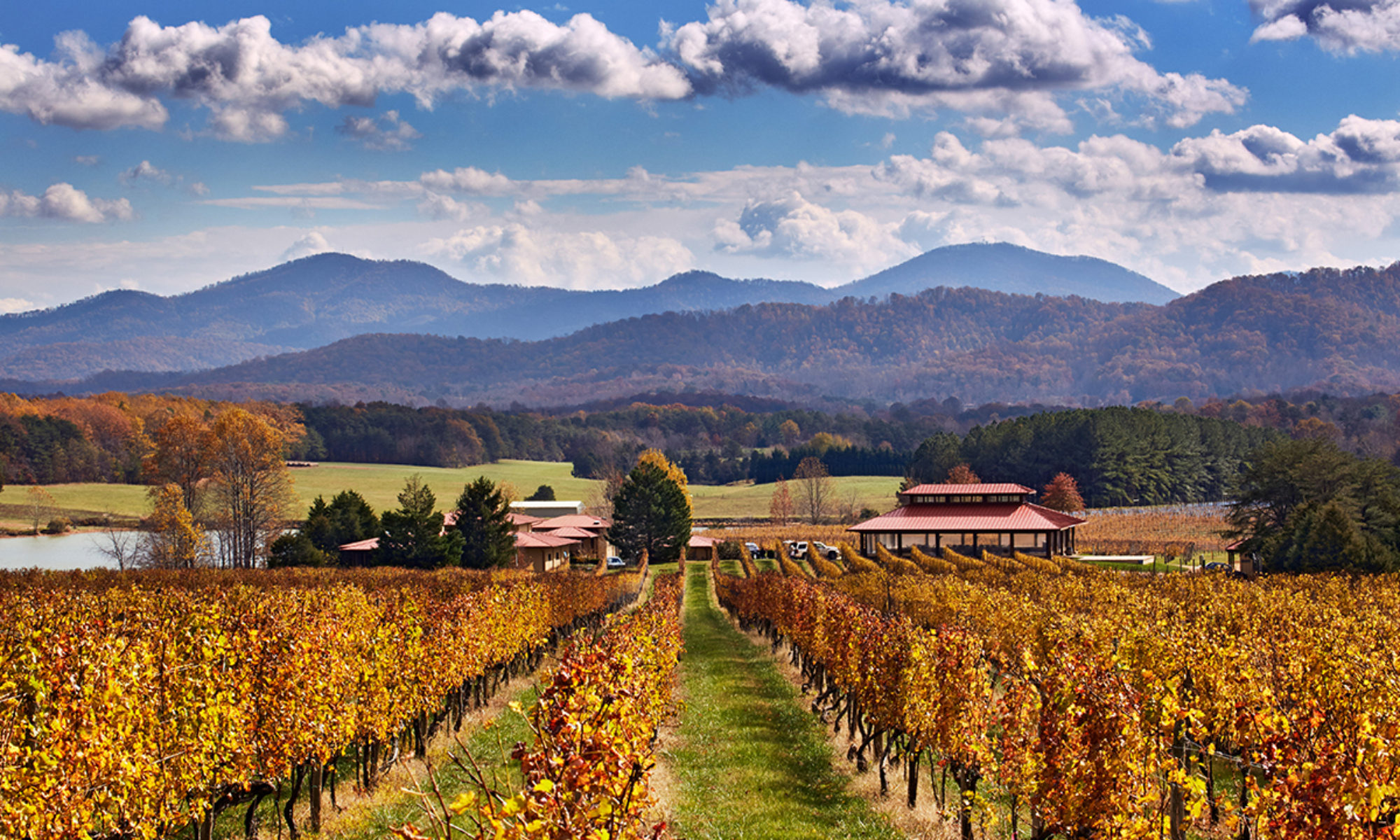Nicewonder Farm & Vineyard
Located in Bristol, Virginia, Nicewonder Farm was established in 2013. The large 350-acre property is adjacent to the exclusive and 30-year old The Virginian golf club, owned by the Nicewonder Family. The Nicewonders were longtime coalfield owners in southern Virginia, Kentucky and West Virginia, until selling their private business in 2005 for $300 million. Don Nicewonder has been known for looking to create “post-coal” opportunities in the areas around his properties.
Wine. Tier II. Nicewonder’s 2022 “KDN” red blend, The Virginian (a 50-50 Merlot and Petit Verdot blend) and 2023 Chardonnay all received silver medals at the 2025 annual Virginia Governor’s Cup state-wide wine tasting competition. At the 2024 Governor’s Cup, the KDN and “Heaven’s Corner” both received silver medals. Earlier Viognier vintages from Nicewonder were awarded Gold Medals in the 2019 and 2018 Governor’s Cup events. Current plantings include Chardonnay, Viognier, Merlot and Petit Verdot, on 10 acres.
Setting. Two stars. The vineyard has peaceful views of countryside and rolling hills of Southern Virginia. Tasting facilities are not fully established, but should be impressive. One star has to come for the food alone. “Taste,” the estate’s wood-fired kitchen, the first and more bistro-style of two planned restaurants, opened in 2019. Both restaurants are intended as showcases for star chef Travis Milton, and feature old Appalachian recipes and approaches to food. The Inn and second restaurant are planned for opening in Summer 2021, and the site currently has a fair amount of construction. The affiliated golf course, The Virginian, is nearby.
Stories. New directions — building a culinary destination in Appalachia. Appalachia is looking for new economic directions. Economics drove out manufacturing, and is driving out coal. Now an Appalachian chef who made it big elsewhere is teaming with a coal fortune heir to try launching a new movement – world-class Appalachian cuisine. Travis Milton was born in Castlewood, some 20 miles from Nicewonder Farms, learned to cook, and made a name for himself as one of Richmond’s hottest chefs. Now he wants to go home, and help rebuild his homeland. Step back two centuries, and Appalachia was a place with some of the most diverse and interesting foodcrops and cooking to be found anywhere: settlers learned to combine cooking from different cultures, and adopted many approaches of the native Cherokee — hunting bison, deer, turtles, and possum, and seasoning with wild ginger, sumac, and spicebush, along with hundreds of obscure plants that thrived in specific micro-climates – and staples such as American chestnuts and dandelion leaves. Much of this disappeared as families moved off the land to cities or coal mines. Now Travis Milton wants to bring this back, starting with Nicewonder’s two restaurants, Taste (opened in 2019) and Hickory (scheduled to open late 2020). He is planting seeds from more than 100 rare and obscure plant varieties, used a century ago by homesteaders in Appalachian coal country and collected by Milton in many cases from mountain-country old-timers. In addition to the garden and two restaurants, heritage breed sheep, cows, pigs, chickens, and turkeys will roam forest-lined pastures throughout the 800-acre property. He plans to add berries, fruit, and nut trees as well. Milton wants to showcase a world-class food culture which he sees as both the past, and the future, of Appalachia. His venue is a partnership with Kevin Nicewonder, heir to one of Appalachia’s great coal fortunes. He’ll have a ready-built clientele from the next-door Virginia Golf Club, founded and owned by the Nicewonder family. In a February 2020 interview (“The Chef Restoring Appalachia’s World-Class Food Culture — A coal fortune is fueling the revival of a cuisine it nearly destroyed”), Milton calls his project with Nicewonder the spearpoint of a crusade to spread awareness about and revitalize Appalachia’s endangered historic foodways. “This isn’t easy work. But I love this place and I’m passionate about it. I dream of a future where young people are coming back to take over their grandparents’ farms and plant apple trees on strip-mined mountaintops. And we’re starting to see that happen.”
